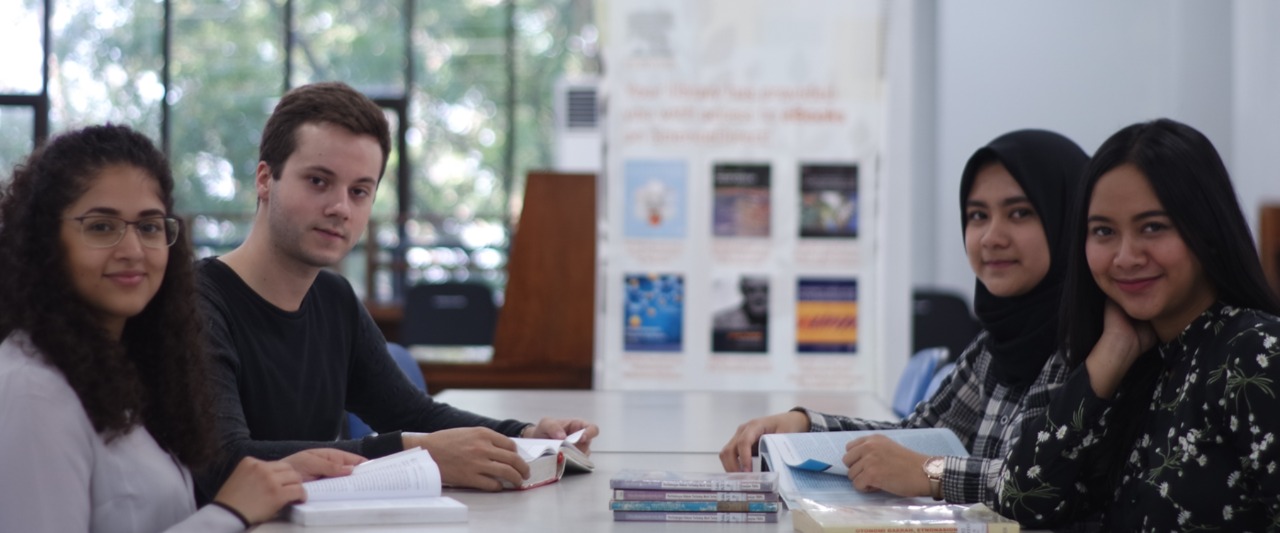The 8th Summer Course Program 2025 "Heritage and Wisdom for Better Public Health"

Course Description
The 8th Summer Course Program "Heritage and Wisdom for Better Public Health" Faculty of Public Health, Diponegoro University The Summer Course Program 2025 at the Faculty of Public Health, Universitas Diponegoro, offers an interdisciplinary, international academic experience under the theme “Heritage and Wisdom for Better Public Health.” This online program explores the critical intersection between public health, cultural heritage, and local wisdom, highlighting how traditional practices and indigenous knowledge contribute to sustainable health solutions. Participants will engage in a blended learning format combining lectures, discussions, case studies, and independent learning via Massive Open Online Courses (MOOCs). Key topics include traditional environmental health practices, community-based health interventions, local medicinal knowledge (such as jamu), and the role of culture in shaping health behaviors. Targeted toward students (undergraduate to doctoral), academics, and public health practitioners worldwide, the course is designed to foster global collaboration, enhance cross-cultural understanding, and strengthen research networks. It also features virtual cultural tours and participant presentations to encourage cultural exchange. Scheduled from September 17 to October 17, 2025, the program includes contributions from international and local experts, and aims to support SDGs and the internationalization goals of Diponegoro University."
Course Features
- Admission: Jul 21 2025 - Sep 6 2025
- Course: Sep 17 2025 - Oct 17 2025
- Seats Available:
- Faculty / School: FACULTY OF PUBLIC HEALTH
- Time: 08.00 AM - 01.00 PM (UTC+7)
- Classes : Online
Website
Learning Outcomes
- 1.Understand the Role of Culture in Public Health : Analyze how cultural heritage, traditional practices, and local wisdom influence health behaviors, disease prevention, and community wellbeing.
- 2.Apply Community-Based Health Approaches : Identify and evaluate models of grassroots public health interventions, such as POSYANDU, Jumantik, and sanitation programs, within local and global contexts.
- 3.Integrate Traditional and Modern Health Knowledge : Critically assess the potential of integrating evidence-based traditional medicine (e.g., jamu) with contemporary public health strategies for sustainable health solutions.
- 4.Recognize Barriers and Taboos in Health Behavior : Explain how cultural taboos, beliefs, and stigma impact disease control (e.g., tuberculosis) and propose culturally sensitive interventions.
- 5.Explore Innovative Tools for Public Health : Utilize big data and local insights for predictive health modeling and understand how digital tools can support modern public health planning.
- 6.Enhance Cross-Cultural Communication and Collaboration : Demonstrate improved communication skills and cultural competence through interaction with international peers, group presentations, and exposure to diverse public health perspectives./li>
- 7.Promote International Collaboration and Research : Develop opportunities for international academic networking, collaborative research, and exchange in public health education and practice.
- 8.Appreciate Cultural and Natural Heritage : Gain insights into the cultural and environmental assets of Central Java







